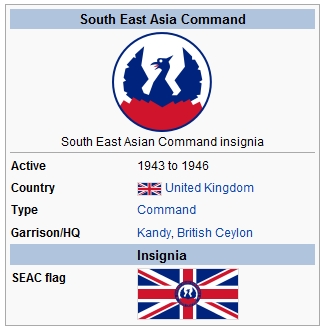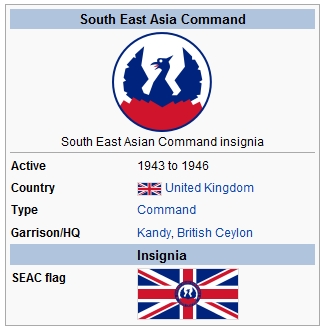I voted option #8.
This option is loosely based on A&A Europe 1999 edition and Pacific 2001 edition rules. The maps didn’t fit but the rules were far better than the Global 40 ones.
At that time a Factories mobilization capacity was based on the territories IPC value so UK could only mobilize 8 units in UK, and not 10 as currently. The new Major Minor IC rules could upset balance a bit. I figure. IMHO.
So basically Canada, UK and ANZAC are separate nations, but move and fight in a joint Turn. The 1999 and 2001 editions had Convoy centers printed on the map, with Union Jack roundel, and the income from this Convoy Centers could be distributed and shared between Canada, UK and ANZAC at the players wish. Now the Global 40 map don’t have nation specific Convoy Centers, just the generic coast ones, so we need to do a twist. Lets say income from Commonwealth Colonies like India and Africa are to be shared between Canada, UK and ANZAC, at the players wish. All to one or a bit here and there.
The reason I want Canada in the loop, is then we don’t need an alien Political Exile house rule after Germany pulled Sea Lion. UK is captured, the Huns get the loot, but Canada is still alive and kicking, and income from the UK colonies are not disappearing in the void.
To speed up play further, I would suggest an All Western Allied Turn, where UK, Canada, ANZAC, USA, China and France move and fight together in the same Turn. Of course they have separate economies and mobilization. This will upset balance because it ends the can opener possibilities, but on the other hand gives them a strong joint attack, and not the classical three pronged attack where one take the territory and the other two reinforce it and land fighters there too. So an end to gamey play and tricks.
I suggest this fresh turn order
Germany and Italy
Russia
Japan
Western Allies








